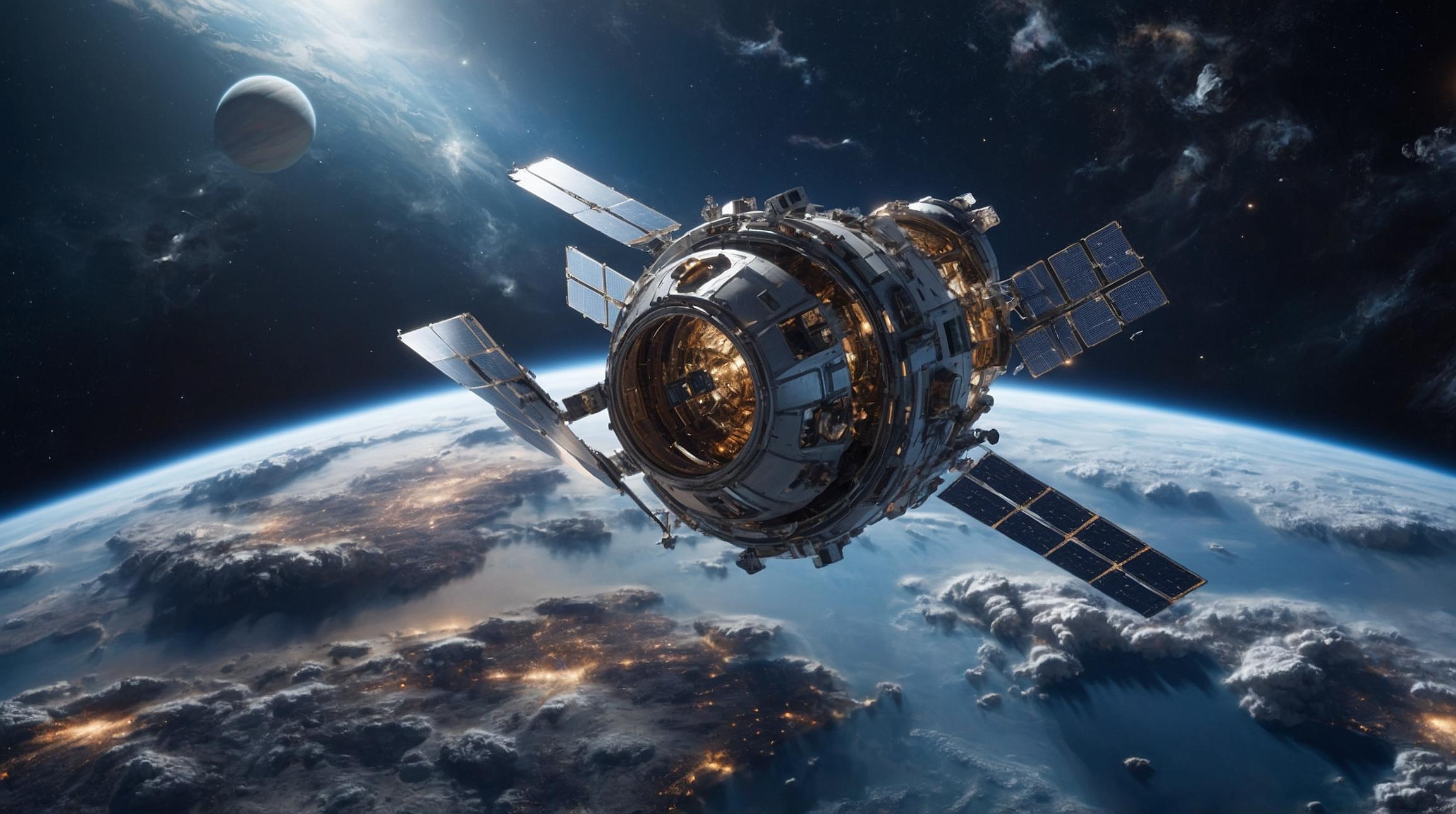The Vital Role of Space in Military Operations
Space has always been a crucial area for military activities. It's considered the ultimate "high ground," providing a significant information advantage. Satellites play an essential role in intelligence, surveillance, and reconnaissance (ISR), giving military forces the ability to see and react before their adversaries.
AI Enhancements in Situational Awareness
Artificial Intelligence (AI) is making space operations more efficient by improving situational awareness. For instance, the U.S. uses systems like ViDAR AI to detect hidden targets, surpassing human capabilities. Research in Australia at Monash University uses AI to quickly and accurately analyze satellite images, providing detailed insights. Similarly, China's National Space Administration (CNSA) employs AI for analyzing images and tracking space debris.
AI-Driven Decision-Making and Strategy
AI is transforming military strategy by speeding up decision-making processes. The U.S. Space Force leverages AI to enhance strategic planning and predict threats. In China, Tsinghua University develops machine learning algorithms to process satellite data for rapid decision-making, improving military efficiency.
Predictive Maintenance and Maneuvering
AI also aids in predictive maintenance to ensure the constant availability of space assets. The U.S. Space Operations Command (SpOC) uses AI to predict maintenance needs, minimizing downtime. The Harbin Institute of Technology in China focuses on AI analytics for maintenance and satellite operations.
Autonomous Navigation and Cybersecurity
Autonomous satellites, guided by AI, can adjust their orbits to avoid collisions. The U.S. Space Force explores AI for satellite autonomy, while the Chinese Academy of Sciences applies reinforcement learning for the same purpose. In terms of cybersecurity, AI systems at the U.S. Cyber Command and in China detect and counter cyber threats in real-time.
International Cooperation and Data Management
AI facilitates better integration with allies. The U.S. Space Force shares AI-driven insights with partners, and China develops AI frameworks for seamless data sharing. Shanghai Jiao Tong University focuses on AI for robust satellite communications. Both nations use AI to process extensive data, crucial for effective space missions. Peking University is advancing AI systems for visual intelligence and reasoning in data-centric warfare.
Geopolitical Implications and Future Considerations
AI's integration into military space operations marks a significant strategic shift. It affects national security, international cooperation, and shapes the future of warfare. As countries like the U.S. and China lead in this domain, the decisions made today around AI in space will influence global dynamics for years to come. Balancing technological advancement with global stability is vital to prevent future conflicts and maintain peace.













